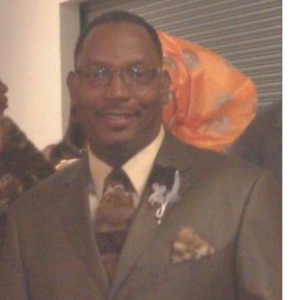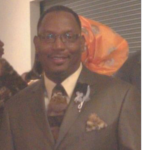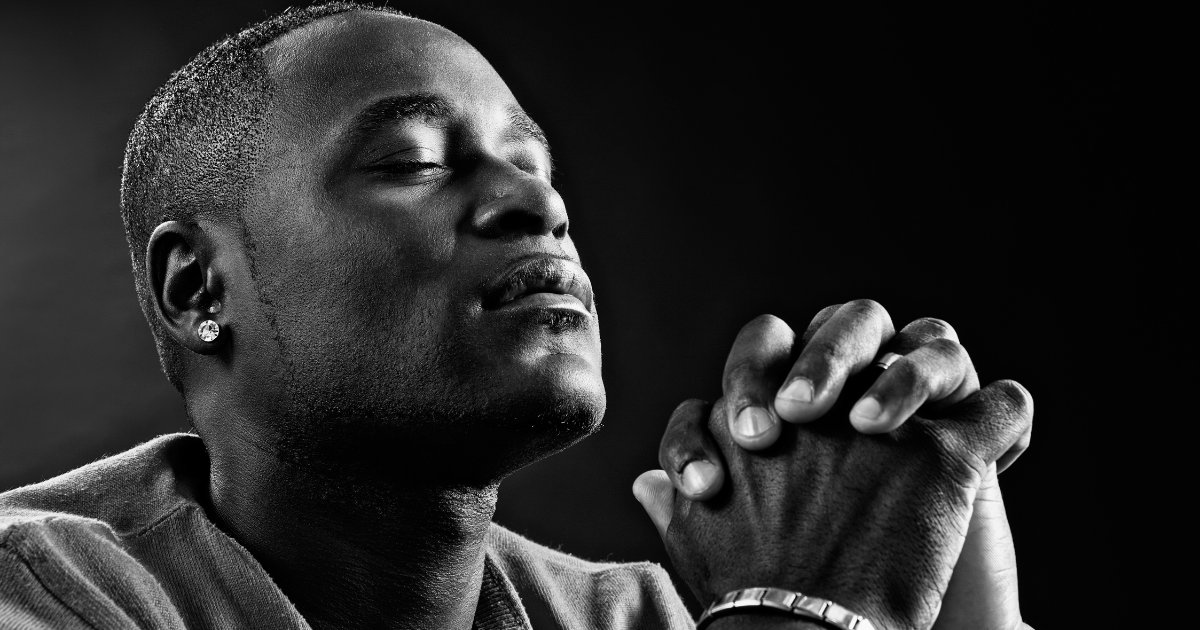Dr. Daniel Black is the esteemed professor of African American Studies and English at historic Clark Atlanta University and Morehouse College. Dr. Black stated while speaking with the inimitable Dr. Greg Carr that, “there is a difference between change and transformation.”
Change is swapping out one entity like a container for another slightly different container. Change is analogous to a person needing something different in their life, so they move to a new city.
Change is like someone needing to feel more useful, so they change jobs, or they change careers. Change is someone feeling unsettled so they change spouses or change organizations or they leave one church to go to another.
Change is more exterior, therefore, when a person changes locations, job, career, marital status, organization or even church, they are taking the same person into each new context and in reality little has changed.
The belief and feeling that having Black faces in white spaces is real change does very little to change the conditions of millions of Black people subjugated and disinherited by a system that devalues them.
Having the first Black person on the fire or police department; the first Black person in Congress, or the first Black CEO of a Fortune 500 company or having the first Black president is emotionally thrilling but will amount to little more than ceremony concerning the body politic of the nation if the agenda, the objectives and the purpose of the entity are not transformed.
Daniel Black is right, there is a big difference between change and transformation. Change is more exterior, while transformation is substantive and internal.
That is the substance of what the African Apostle Paul was getting at in Romans 12:1-2 when he wrote, “Do not be conformed to the pattern of this world but be transformed by the renewing of your minds…”
In fact, Jesus, the Lord of the church in the Gospels advocated for transformation and not just change. Jesus did not advocate for there to be an African Jewish Herod or Caesar. Jesus did not champion for there to be new people on the Sanhedrin Council of Jerusalem. Jesus did not campaign for a new High Priest, new Pharisees or different people to run the temple.
In fact, Jesus cursed and condemned the temple.
Jesus advocated for transformation first in people before they were to take on servant leadership of God’s people and the institutions that affected the lives of God’s people.
Jesus advocated for transformed lives to help transform other lives so that people first of all would lead a life of divine purpose.
You see, in the words of trauma therapist Kobe Campbell, the theology of the present society sees God as an audience to perform for rather than an Advocate to transform lives and circumstances.
Take Jesus’ late-night conversation with the Pharisee Nicodemus. In that conversation Jesus challenged Nicodemus to think and perceive his life differently from the society he lived in and to be transformed from the inside out in how he lived his life, how he saw God and ultimately how he engaged other people.
Yet, Nicodemus at first was so conformed to the way things were in first century Jerusalem he had to sarcastically ask Jesus, “How can a man be born again? Can he enter a second time into his mother’s womb?”
Jesus of course was not referring to a new physical birth but a new spiritual, emotional, psychological and social rebirth.
In the Gospel of Mark, a woman suffering from an issue of blood who had suffered this way for 12 long years comes to Jesus for healing.
Through a large crowd around Jesus, she touches the hem of his garment and immediately the bleeding stopped and she was healed. But after Jesus had a long conversation with her, he then told her, “Go, your faith has made you well.”
She was not just healed but she was made well, she was a whole person.
It shows us that people can be healed of a disease, or disability or circumstance but not be well or whole.
In other words, a person can get better from an illness but not be well, which equates to being transformed.
Transformation changes the substance of a person, so that one can live a life of wholeness and authenticity. Theology matters because far too many people have been curated to seek change; change in economic status, change in where they live, what they drive and what they wear, but those same people will not experience transformation.
Theology matters because far too many people are living beneath their divine purpose or have bought into the theology of “I,” “Me,” and “Mine.” That is called a transactional theology. A transactional theology is where a person sees God as a cash register, and Santa Claus who only gives you material things and rescues you from trouble, without you being required to be better in relation to other people and ultimately to God.
This nation was built on a transactional, militaristic and materialistic theology that used people and loved things, rather than as God sees people to be loved and things to be used.
Theology matters, and transformation is the theology of that African liberator from Nazareth named Jesus, who came to lead us from a caterpillar existence into a butterfly revelation that resides within each of us just waiting to emerge from the cocoon of the pattern of this world.
Theology matters, beloved. Be transformed today!

Rev. Dr. John E. Jackson, Sr. is the Senior Pastor of Trinity United Church of Christ-Gary, 1276 W. 20th Ave. in Gary. “We are not just another church but we are a culturally conscious, Christ-centered church, committed to the community; we are unashamedly Black and unapologetically Christian.” Contact the church by email at [email protected] or by phone at 219-944-0500.

Rev. John E. Jackson
Rev. Dr. John E. Jackson, Sr. is the Senior Pastor of Trinity United Church of Christ-Gary, 1276 W. 20th Ave. in Gary. “We are not just another church but we are a culturally conscious, Christ-centered church, committed to the community; we are unashamedly Black and unapologetically Christian.”
-
Rev. John E. Jackson#molongui-disabled-link
-
Rev. John E. Jackson#molongui-disabled-link
-
Rev. John E. Jackson#molongui-disabled-link
-
Rev. John E. Jackson#molongui-disabled-link






